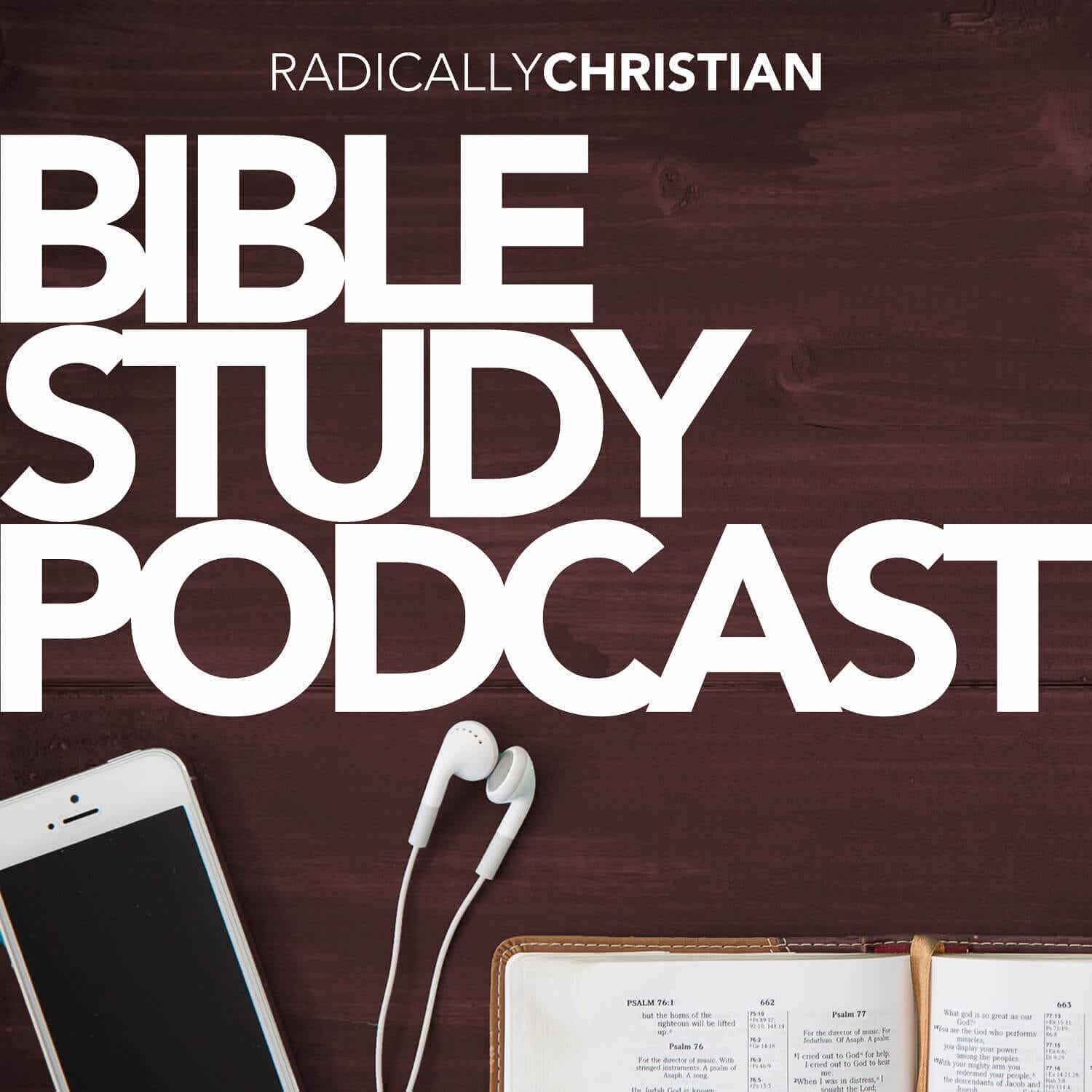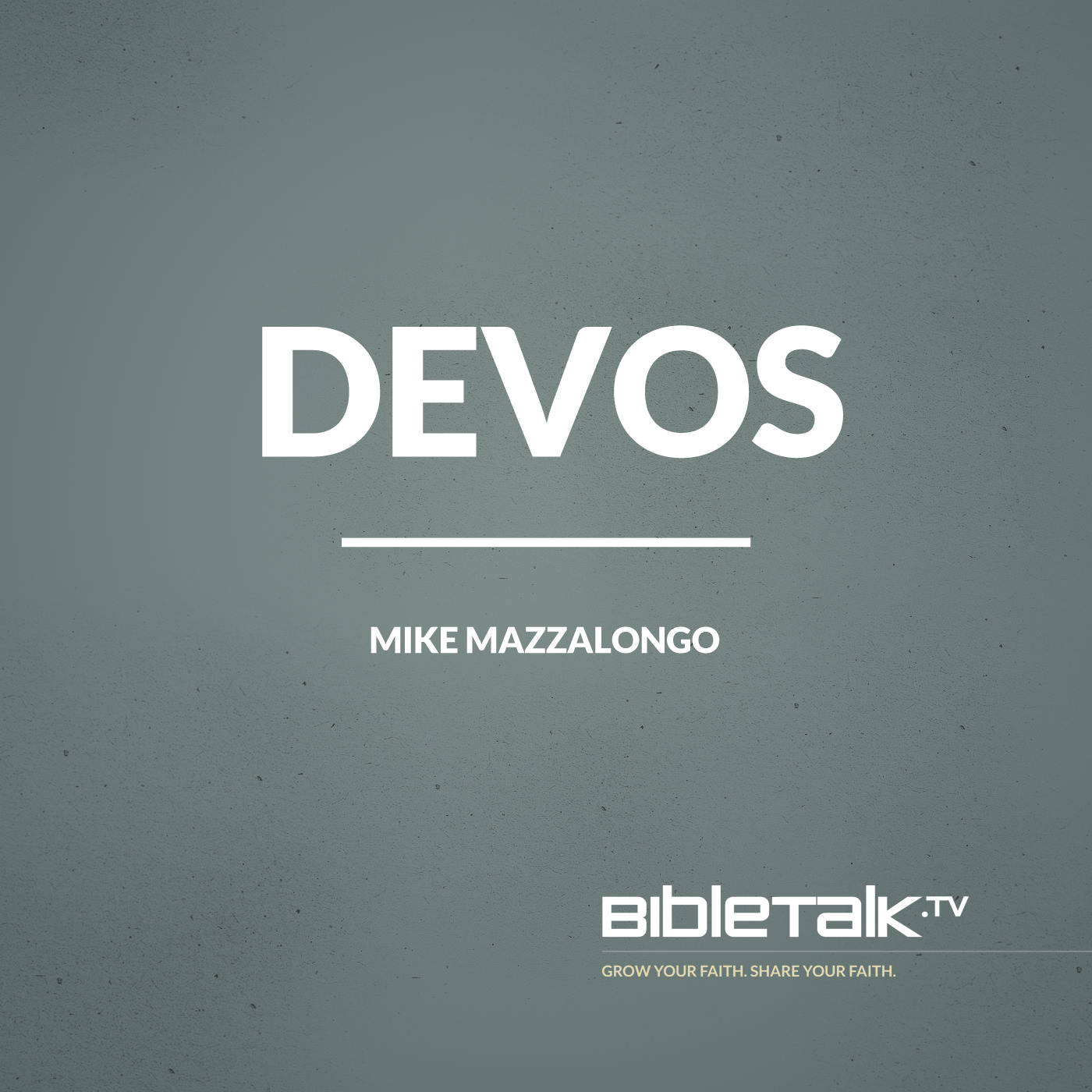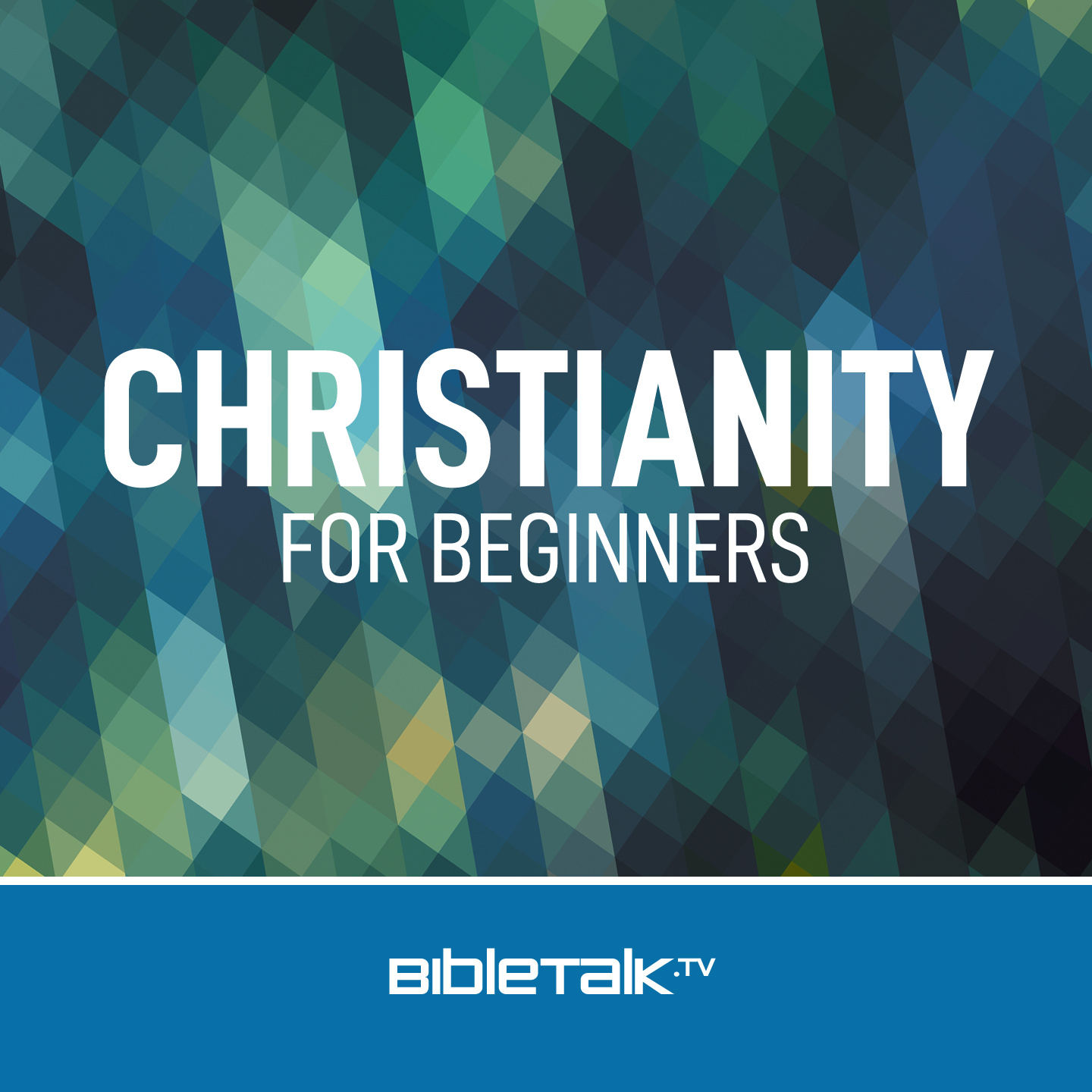
Our Journey to Hope
The focus of this podcast is to help us all discover, sustain, or regain hope. We all have the potential to have our hope challenged by life events, or we know someone whose hope is currently being challenged.
I invite you to explore this critical topic with us and please, share this with others. Remember, no one walks alone.
The opinions expressed by guests on this podcast do not necessarily reflect the opinions of the host. Guests are encouraged to express their opinions and insights freely in the interest of providing understanding and encouragement to others.
For more information, please visit my website at: https://ourjourneytohope.com/
Our Journey to Hope
Episode 65 - The Three C's of Christianity
A lot of us learn or think in some sort of pattern. We find comfort in patterns to help us understand and live our life. We can learn outside of a pattern, but it helps to have one.
In this episode, I want to look at a pattern that will help us understand a bit about Christianity. There are a lot of thoughts out there about what Christianity is. Most have a pretty good idea, but some have no idea, and some have misconceptions about Christianity. I want to look at three critical elements of Christianity in this episode to help us understand what Christianity is about. I call them the three C's of Christianity. We'll also look at how they work together to form a pattern to help us understand.
You can learn more about hope by visiting my web site: https://ourjourneytohope.com
Please, be the person that helps touch someone who's hope is challenged by sharing this podcast. Also, please leave me feedback using the "Send us a text" link at the top of the discription.
Hello Friends, I’m your host Dr. Dave Laton and thank you for joining me in Our Journey to Hope.
It is my desire through this podcast to bring you information about how to discover, sustain, or perhaps regain hope.
A lot of us learn or think in some sort of pattern. We find comfort in patterns to help us understand and live our life. We can learn outside of a pattern, but it helps to have one.
In this episode, I want to look at a pattern that will help us understand a bit about Christianity. There are a lot of thoughts out there about what Christianity is. Most have a pretty good idea, but some have no idea, and some have misconceptions about Christianity. I want to look at three critical elements of Christianity in this episode to help us understand what Christianity is about. I call them the three C's of Christianity. We'll also look at how they work together to form a pattern to help us understand.
Let's begin with the first element. It is the core of what Christianity. The first C of Christianity is Christ. The word Christianity itself means of Christ. Therefore, as Christians, we are of Christ.
There are any number of religions in the world that promote a variety of spiritual concepts and experiences. Some emphasize meditation, some emphasize special knowledge or insights. Some emphasize a journey to a special place. Others might focus on using a false form of spiritual gifts they claim to be miraculous. Some focus on certain days set aside for special worship experiences…and the list goes on.
Some of these may find their roots within Biblical Christianity, but what they are focused on is not what Christianity is about. Christianity is about Christ, who He was, what he did, and what he continues to do for the faithful.
In Ephesians 2:19-22 the apostle Paul describes Jesus as the foundation of our faith. He describes Jesus as the cornerstone of our faith. Just like the cornerstone of a building, everything is built by Him, through Him, and for Him. This is how the apostle John describes him in John 1. He described Jesus in a very poetic way as he says,
"In the beginning was the Word, and the Word was with God, and the Word was God. He was in the beginning with God. All things were made through him, and without him was not any thing made that was made. In him was life, and the life was the light of men. The light shines in the darkness, and the darkness has not overcome it."
Jesus Christ is what the Bible is all about. Even in the Old Testament with all the rich history of creation, the establishment of Israel as God's people, the history of God's people, the judges, kings, and prophets. All these point in some way to Jesus. Sometimes very clearly. Other times through veiled prophesies that were not understood until Jesus came to the earth.
The earliest reference to Jesus was in Genesis 3:15. This is when God pronounced judgement on Adam and Eve because of their disobedience. God stated,
"I will put enmity between you and the woman, and between your offspring and her offspring; he shall bruise your head, and you shall bruise his heel.”
Then in Genesis 12:1-2 God made a promise to Abram, later to be renamed Abraham. It states,
"Now the Lord said to Abram, “Go from your country and your kindred and your father's house to the land that I will show you. And I will make of you a great nation, and I will bless you and make your name great, so that you will be a blessing."
There was not anything specifically special about Abraham, nor about Israel. This is a familiar pattern of God. He uses the least thought of to bring about His will. This shows His power, not ours.
In the New Testament we learn about the birth, ministry, death, and resurrection of Jesus. We have the beginnings of the Church Jesus established and how to live as citizen's in His Kingdom.
So again, all of Scripture is the story of Jesus.
Now, as Christians, we teach and live for Jesus. He is the one in whom we have our hope. He is the one about whom we teach. He is the one in whom we have our hope, the one who judges us, and the one who rewards us.
Our message about Jesus includes who He is as The son of God. We teach what he did by saving us from spiritual death. We teach, as Jesus promised, that he will return, and most importantly, when He returns, he will take His faithful followers with him to heaven for eternity. You can see what I mean by saying Christ is at the core of what Christianity is all about.
I want to transition now into the second C of Christianity, the Cross. We cannot teach Jesus without teaching about the cross.
The cross is at the heart of what Jesus Christ did for us.
Although it was ever present through His life, Jesus focused more on the cross as he neared the end of his earthly ministry. Luke 9:51 states that Jesus set his face to go to Jerusalem. This meant that he now turned his focus in that direction to fulfil his mission. He knew what was to happen, yet he went with purpose.
The result of the cross, our salvation, was the main topic of the apostles' teachings after our Lord returned to heaven. It all began in Acts 2 as Peter explained to those gathered in Jerusalem about Jesus and the purpose of the our Lord's death on the cross.
Later, as he began to teach, Paul made many references to the cross of Christ. Of interest was Paul's statement in 1 Corinthians 2:2 that shows his emphasis on the cross. Paul said, "For I decided to know nothing among you except Jesus Christ and Him crucified."
As members of our Lord's church, we must be careful to not deviate from the message of the cross. Along with teaching about Christ, the cross is central to who we are because it is the answer to our greatest problem, our sin.
Sin is disobedience to God's will and the reason we die physically and spiritually at judgment.
Through the cross we see that Jesus, the Son of God became human in order to deal once and for all with our sin. He did this by offering His perfect life to pay the debt we owed for our sin but were unable to do so.
A personal note here that helped me understand this concept so well. When I was going through treatment for cancer I had to spend two weeks in the hospital receiving intensive care. A few weeks after I was released, I received a statement from the hospital about the cost of my treatment. It showed that the overall cost was more than $250,000. Then I looked at the bottom line and it said amount owed, "$0. The cost of my care had been paid through my insurance. That amazing statement reminded me of my relationship with our Lord. I owed a debt I could not pay, he paid a price he did not owe.
The significance of this act is explained in detail by Paul in the book of Romans. In Romans chapters 4 – 6 Paul explains that God dealt with our sin in an absolute way through the death of Christ on the cross.
So there we have two of the three C's of Christianity; Christ and the cross. Without the cross, Christianity is simply a pretty good way of life. But since it is centered on Christ, it offers confident assurance of life eternal. That is the basis of our hope…confident assurance.
And, since Christ died on the cross, our problem with the consequences of sin are dealt with. We cannot save ourselves, so God made a way back to him through Christ and His death on the cross.
Let's now look at the third C of Christianity, the Church.
The church is more than just a place where people gather to go through a ceremony and share experiences. The church is the people who believe in Jesus as The son of God, have confessed Him as their King and our need for His salvation, We have committed to refocusing our life to following His teachings, also known as repentance. And we have been baptized by immersion in water for the forgiveness of their sins. We then have committed to living as our Lord teaches every day. This is not something new that we came up with. It is the pattern shown throughout the New Testament, beginning in the Book of Acts of how one is added to the Kingdom of God.
Some think they don't need the church (remember, I'm talking about people, not a building). They think they can be a faithful Christian by themselves. Some think they don't need the church to have a relationship with God.
The truth is that there is no such thing as being alone as a Christian. We cannot be faithful by ourselves. By the very nature of Christianity, we are part of a community of believers. An individual believer cannot have a relationship with Christ without being connected in some way to the rest of the body of Christ, which is the church.
The Bible teaches that there is only one entity that is recognized by God as His body – and that is the church. In Ephesians 4, beginning in verse 4, Paul states.
"There is one body and one Spirit – just as you were called to the one hope that belongs to your call – one Lord, one faith, one baptism, one God and father of all, who is over all and through all and in all."
That's a very specific statement.
Jesus died for the specific reason of creating a group of people who would be saved – that group that is saved by Jesus is called the church.
In turn, the church is how God spreads the good news, the message about salvation to all.
The bible explains that the church is the bride of Christ, and that Jesus will return to earth to lift up the church. In 2nd Timothy 2:12 Paul uses the word, "exalt". That means to hold up, to honor, to put first.
If someone is not a part of the body of Christ, the church, he or she cannot be connected to Christ. Nor do they have access to the forgiveness God promises to the faithful.
So there you have the three C's of Christianity, Christ, the cross, and the church.
Christ is our savior and Lord.
The cross was where sin was defeated.
The church is the body connected to Christ and charged with the responsibility helping us remain faithful to Christ and to teach Him to all the world.
I pray that if you have not been added to the church, that you will seek to do so. You can contact me to learn more about what it means and how to become a member of the body of Christ.
Friends, thank you for joining me as together we journey to hope. I trust in some small way we have encouraged you to discover, sustain, or regain hope through this effort.
I invite you to contact me if you have questions or comments, or if you wish to share with me something you’ve experienced in your journey to hope. My email is info@ourjourneytohope.com.
And please, share this podcast with someone whose hope is being challenged.
I look forward to sharing more with you soon. Again, I'm Dr. Dave Laton, and thank you for listening. And until our next episode, remember, we give all glory to God our Father.








